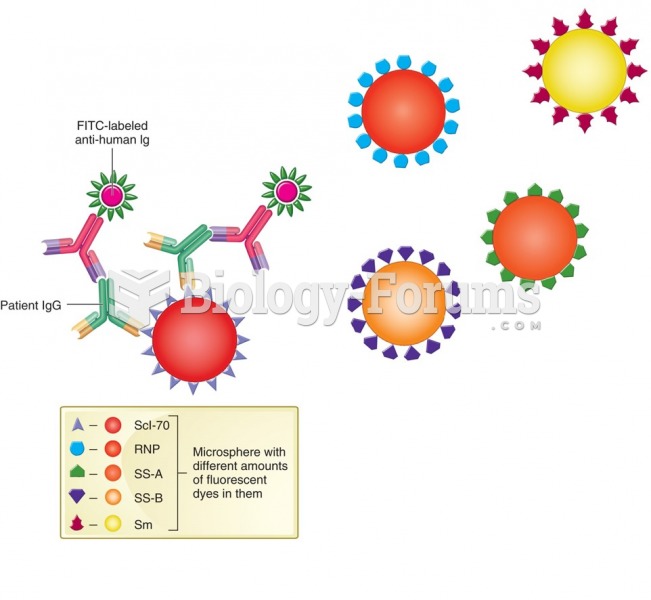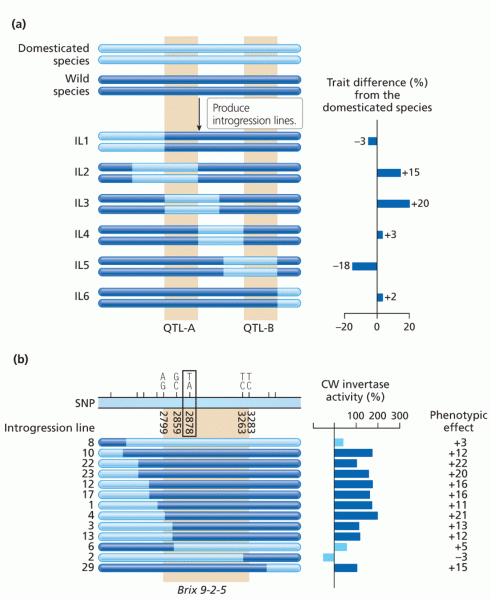|
|
|
There are immediate benefits of chiropractic adjustments that are visible via magnetic resonance imaging (MRI). It shows that spinal manipulation therapy is effective in decreasing pain and increasing the gaps between the vertebrae, reducing pressure that leads to pain.
More than one-third of adult Americans are obese. Diseases that kill the largest number of people annually, such as heart disease, cancer, diabetes, stroke, and hypertension, can be attributed to diet.
You should not take more than 1,000 mg of vitamin E per day. Doses above this amount increase the risk of bleeding problems that can lead to a stroke.
The training of an anesthesiologist typically requires four years of college, 4 years of medical school, 1 year of internship, and 3 years of residency.
Normal urine is sterile. It contains fluids, salts, and waste products. It is free of bacteria, viruses, and fungi.
 Meta-analysis of 18 studies shows that aerobic exercise causes better performance in older adults on
Meta-analysis of 18 studies shows that aerobic exercise causes better performance in older adults on
 C. Wright Mills (1916-1962) was a controversial figure in sociology because of his analysis of the ...
C. Wright Mills (1916-1962) was a controversial figure in sociology because of his analysis of the ...





